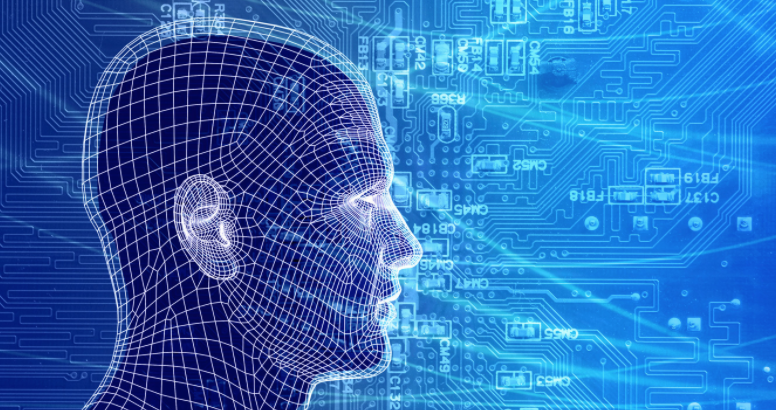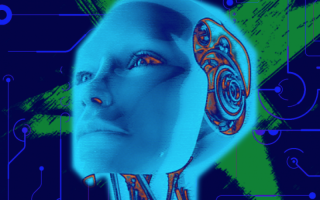Owning the niche China – Africa Artificial Intelligence?
For bloggers, agents, collaborators about China – Africa AI – IoT.
A challenge to manage China - Africa fresh trade or USA – Africa or Russia – Africa fresh trade in order to dominate them virtually due to our crossing system in order to make money together with us.
For example, Beijing – Nigeria AI, USA – Ethiopia IoT, China – South Africa JV IIoT, Tanzania – USA AI Apps, China – Angola Industry 4.0….Etc etc,
Good ideas about reasonable Industry 4.0 (mainly in AI and IoT-IIoT) or any other reasonable technologies between China – Africa or USA – Africa?
Any Project for your African country in mind? Your ideas means money in Sylodium.
contacts us here info@sylodium.com
For companies and institutions in China - Africa or USA – Afric.
Our logical business system, allows you to segment your target markets to be seen, and dominate the bilateral trade niches you choose
For ex.: www.ChinaAfrica.mobi www.USAAfrica.biz
etc, are just the domains as starting point towards a comprehensive system where, URLs, metas and contents are ordered in the real an unique (correct) way to be the real (unique) business platform that represent (and reproduce!!) the reality of international business in Internet.
Artificial Intelligence: Delivering value to the IoT strategy
new from itNewsAfrica.com
The Internet of Things (IoT) is one of the latest technology buzzwords, promising to deliver many benefits by connecting devices with sensors that transmit data via the Internet to a platform where this data is stored. The real value in IoT, however, is the ability to analyse the data in order to glean valuable insights into a number of areas of business.
Much of IoT’s current use and benefits are centred around single-purpose requirements, such as identifying specific situations or anomalies and triggering a response, either automated or requiring human intervention
Artificial Intelligence (AI) and machine learning can make a passive process far more interactive and less reliant on human interaction.

Intelligent IoT AI allows a system to change its behaviour in accordance with the data received and how it is used. It is constantly evolving and learning based on new data received, making automatic changes to the system and adapting to constantly improve itself. It does not require people to be cognisant of incoming data and change the responses accordingly.
It essentially brings a further level of automation reliability and removes the possibility of human error, in terms of acting on specific data input. For instance, a smart, IoT enabled heart rate monitor that is linked to a medicine dispenser which dispenses the appropriate dosage, based on incoming data, can leverage AI and machine learning to automatically identify a problem. It can then act upon learned knowledge based on historical data to adjust the dosage without needing a doctor’s input, while alerting the doctor of impending problems and suggesting possible solutions going forward.
Data can be used in real time, as it is collected, to teach the system how to respond with a minimum of pre-programming, if any (in some cases). AI allows the IoT system to respond that much quicker, and with far fewer errors than in a passive IoT scenario.
So why aren’t more companies doing this? One of the largest barriers to a fully automated, AI enabled IoT solution is that it relied heavily on real-time data traffic.
Another barrier is the concern around the impact on jobs. Organisations are reluctant to embrace a technology which highlights the removal of human involvement as a benefit. However, AI brings with it its own requirement for specialised skills and effectively encourages organisations to re-skill rather than replace their workforce. Businesses can take mundane, time-consuming, process-driven tasks from staff and, instead, re-train their staff in new areas of business. While this requires an entire shift in mindset, it also means that South African businesses can invest in driving South African skills towards a digital world, providing their staff with the necessary training to operate in a digital economy.
Artificial Intelligence - 21/02/2018
Artificial Intelligence - 07/02/2018
Artificial Intelligence - 15/12/2017
Artificial Intelligence - 27/11/2017

